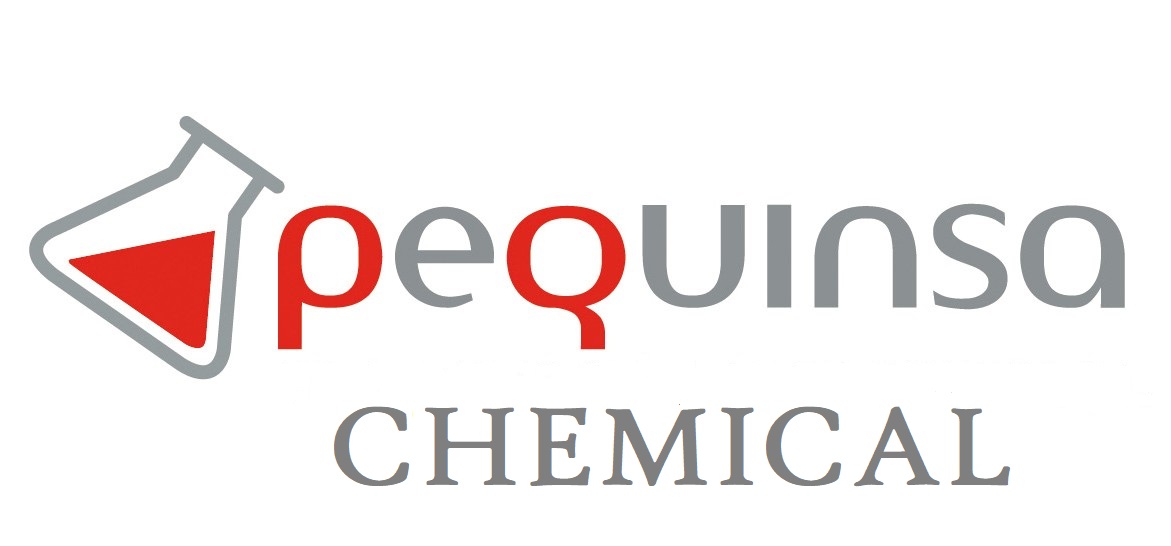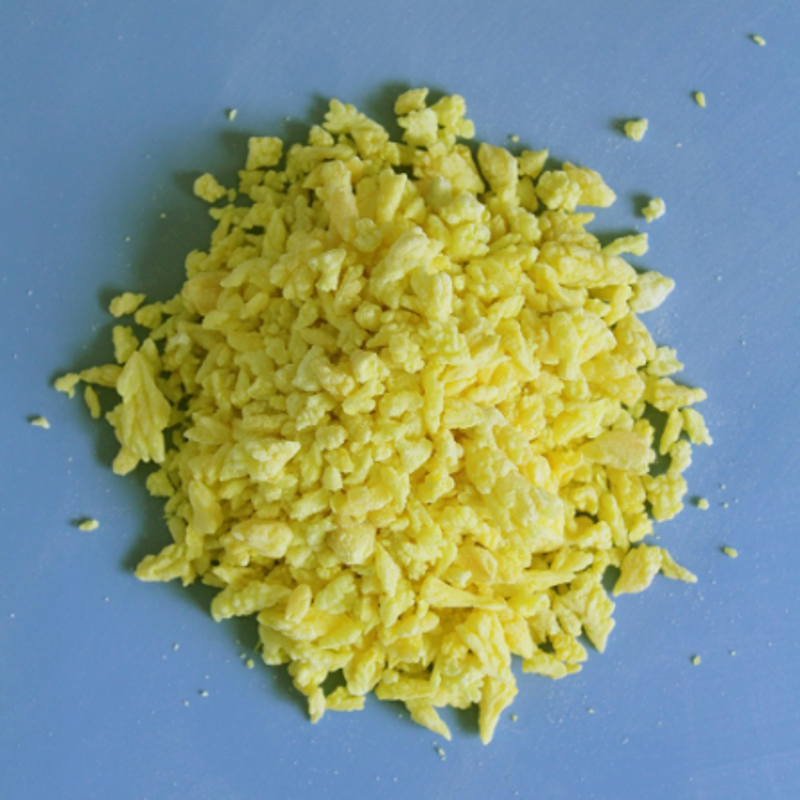-
Categories
-
Pharmaceutical Intermediates
-
Active Pharmaceutical Ingredients
-
Food Additives
- Industrial Coatings
- Agrochemicals
- Dyes and Pigments
- Surfactant
- Flavors and Fragrances
- Chemical Reagents
- Catalyst and Auxiliary
- Natural Products
- Inorganic Chemistry
-
Organic Chemistry
-
Biochemical Engineering
- Analytical Chemistry
-
Cosmetic Ingredient
- Water Treatment Chemical
-
Pharmaceutical Intermediates
Promotion
ECHEMI Mall
Wholesale
Weekly Price
Exhibition
News
-
Trade Service
Diammonium glycyrrhizinate, also known as DAG or glycyrrhizinic acid diammonium salt, is a widely used food additive and nutrient supplement.
It is derived from the licorice root, a plant that has been used for centuries for its medicinal properties.
In the chemical industry, DAG is used as a stabilizer, emulsifier, and thickener in a variety of products such as hair care products, cosmetics, and pharmaceuticals.
It is also used as a flavoring agent in certain food products.
Despite its widespread use in the chemical industry, there have been some concerns about the safety of DAG.
Some studies have suggested that high levels of DAG consumption may be harmful to human health.
One of the main concerns regarding the safety of DAG is its potential to cause cancer.
Studies have found that high levels of DAG can cause DNA damage and disrupt cell division, which may increase the risk of cancer.
However, it is important to note that these studies were conducted on animals and more research is needed to determine the safety of DAG in humans.
Another concern is the potential for DAG to cause high blood pressure.
Some studies have suggested that consumption of high levels of DAG may lead to an increase in blood pressure, which can increase the risk of heart disease.
There is also some evidence to suggest that DAG may have negative effects on the liver.
Studies have found that high levels of DAG can cause liver damage and may even lead to liver failure in severe cases.
However, it is important to note that the majority of studies on the safety of DAG have found it to be safe when consumed at reasonable levels.
The European Union and the United States have both classified DAG as a safe food additive.
In conclusion, while there are concerns about the safety of DAG, particularly at high levels of consumption, the majority of evidence suggests that DAG is safe when consumed at reasonable levels.
It is important for chemical companies to ensure that they are following all relevant regulations and guidelines when using DAG in their products.
Additionally, consumers should be aware of their individual sensitivities and seek medical advice if they have any concerns about their health.







